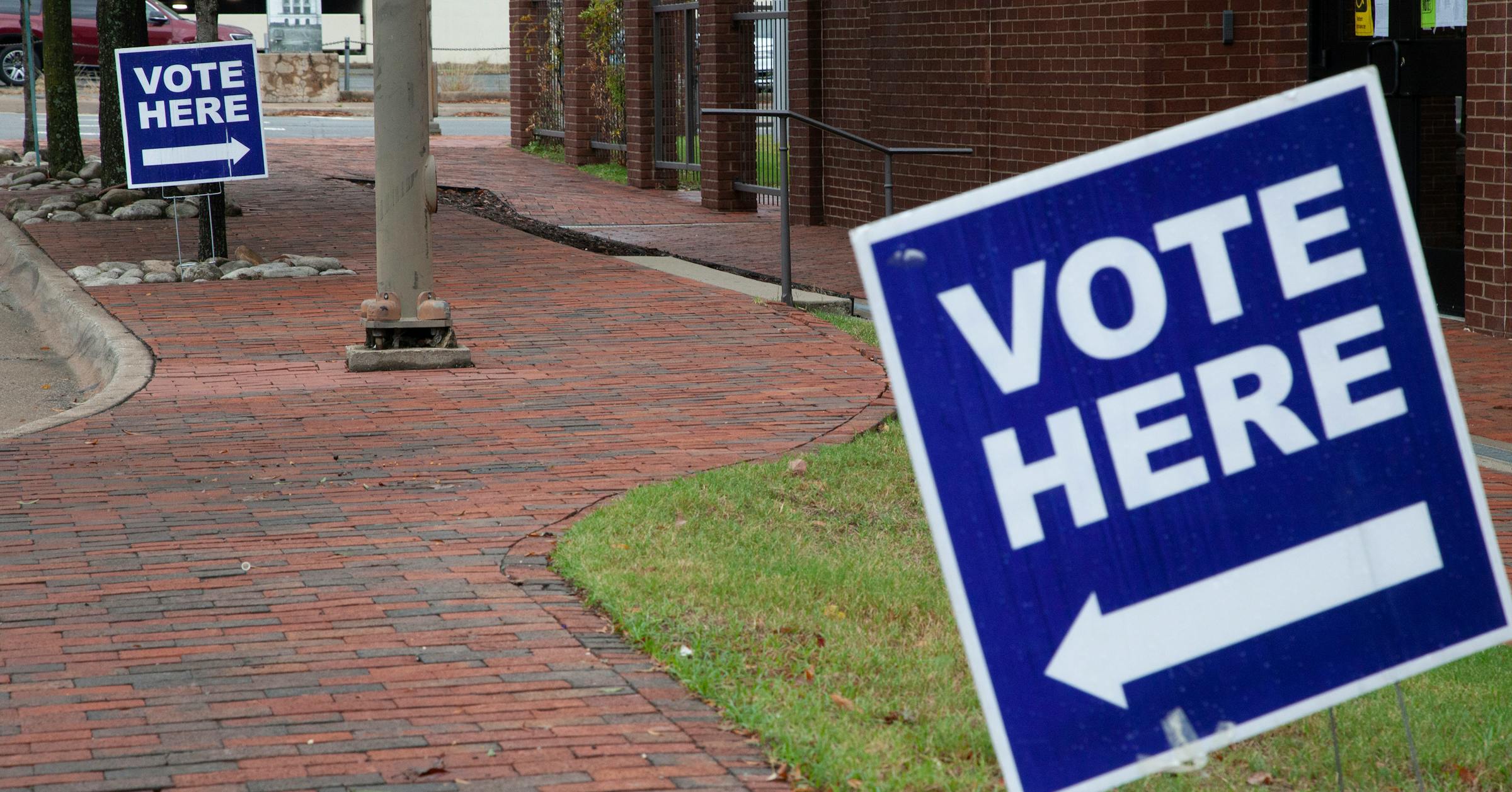Copyright scotsman

It might not seem like it, but slowly a consensus is emerging around Scotland’s right to decide. Earlier this week, in his first outing at departmental questions, the Secretary of State for Scotland agreed with remarks made by the Prime Minister that an SNP majority must be taken seriously (and mean an agreed Independence Referendum). This simple concession, following hot on the heels of the SNP Conference voting on a strategy for next year’s Holyrood elections to pursue a majority, is significant. It means voters can have some clarity ahead of voting. In democracies rules should be determined prior to votes being cast. Over the past decade Scots have persistently voted for pro-Independence majorities in Edinburgh, yet after the elections they have been told that somehow these majorities don’t count, even as UK Governments deliver seismic constitutional change with a smaller share of the vote and constituency seats than the SNP alone has gained. Other Independence parties have every right to feel aggrieved by this shifting of the goalposts by the Westminster parties. In the aftermath of the 2016 election, and 2021, the SNP were told that they had not gained a majority and so no Independence Referendum. This was although not only had the SNP won more votes and constituency seats than in 2011, or indeed more than the ruling Westminster party had at the time, they still judged there to be no mandate. Pro-Independence Green MSPs were apparently, and unfairly, counted in the pro-Union column by whoever was doing the tallying up in Whitehall. Rules are important in politics. We owe it to the electorate to be clear on what they are voting for. Anything else risks undermining democracy and the rule of law. Clarity also means that politicians can move on from process to substance. Westminster’s deliberate ambiguity on this issue is dangerous, installs a lack of confidence in the system and is therefore unusual in the democratic world. The UK remains one of the most centralised states in Europe whose lack of a written constitution and reliance on a ‘good chap’ set of informal checks and balances has led to political paralysis and minorities able to impose damaging and extreme policies on us. On secession at least one would have expected a clear set of rules. That is certainly the case elsewhere. Our neighbours in the Faroe Islands and Greenland benefit from Danish constitutional certainty. In the Act on Greenland Self-Government 2009, Chapter 8 determines that the ‘decision regarding Greenland’s independence shall be taken by the people of Greenland’, with other rules set out to clarify and ease any process. Faroese Danish relations are governed by the 1948 Home Rule Act and agree that “People of the Faroes have and retain their inalienable and sovereign right to self-determination under international law,”. Just last month Danish judges upheld a ruling that the Faroes can join international organisations, even though part of Denmark. Both the Faroes and Greenland have chosen to remain outside the EU although Denmark is a member. Nearby the Aaland Islands choose separately to join with Finland, and could have opted out. They even managed to negotiate their own deal. In the aftermath of the UK leaving the EU, it was mooted that Scotland could have pursued a reverse Greenland option, perfectly feasibly. Elsewhere in the Commonwealth the UK’s centralisation and ambiguity stands apart. Canada’s Quebec’s Referendum Act received Royal Assent in 1978 providing for the Quebec Government to call a referendum on any question approved by its Assembly. Even within the UK, Foreign Office Ministers have said that they are committed to respecting the will of the populations of non self-governing territories with the UK’s Ambassador to the UN saying in 2024 it is “equally committed to supporting requests for the removal from the United Nations list of non-self-governing territories from those Territories whose permanent populations so wish”. Earlier this year Labour Minister Stephen Doughty told the Commons that the UK Government was committed to “defending the Overseas Territories’ security, autonomy and rights, including the right of self-determination.” Even in Northern Ireland there is more clarity than there has been in Scotland. Under the Northern Ireland Act, passed by the Labour Government in 1998, there must be a poll in Irish reunification if the Secretary of State believes a majority of people in Northern Ireland want Irish reunification. A so-called border poll can only be held once every seven years. Even then there are calls for more information with the leader of the non-aligned Alliance Party Naomi Long calling for clarity on such a poll. Like in Scotland, there has been greater focus on constitutional change given the unwelcome damage introduced by Brexit. This was explored in detail by former Unionist Ben Collins in his book Irish Unity – Time to Prepare (Luath Press) addressing the impact of Brexit. Focused ambiguity speaks to a lack of confidence that there is still a positive case for the Union to be made. When was the last time you heard a pro-Union politician talk about what the next few decades of Union might look like for Scots? The positive case for the UK has been diminished with no-one to defend it. The ambiguity provides a refuge for pro-UK politicians. For the sake of our politics that needs to end so we can talk about the substance. This week’s concession by the Secretary of State was a little progress, that is some good news for everyone. Stephen Gethins is MP for Arbroath & Broughty Ferry



